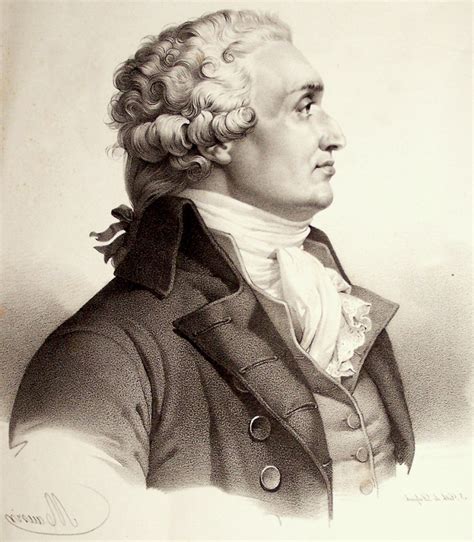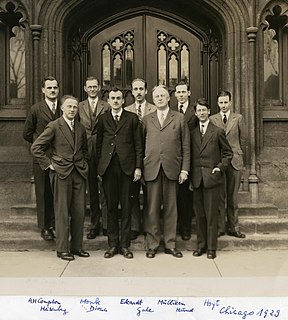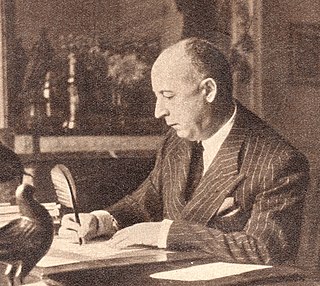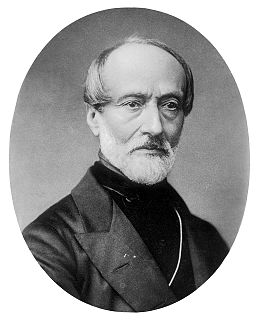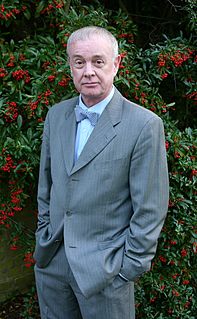A Quote by Nicolas de Caritat, marquis de Condorcet
People still retain the errors of their childhood, their nation, and their age, long after they have accepted the truths needed to refute them.
Related Quotes
But this same process of the old teaching the young can also cause errors and false conclusions to accumulate with the passage of time. One should therefore study ancient writings, not so much in the hope of finding lost wisdom as in the hope of locating the origin of errors that have been, and still are, accepted truths.
I can at once refute the statement that the people of the West object to conservation of oil resources. They know that there is a limit to oil supplies and that the time will come when they and the Nation will need this oil much more than it is needed now. There are no half measures in conservation of oil.
Progress is the exploration of our own error. Evolution is a consolidation of what have always begun as errors. And errors are of two kinds: errors that turn out to be true and errors that turn out to be false (which are most of them). But they both have the same character of being an imaginative speculation. I say all this because I want very much to talk about the human side of discovery and progress, and it seems to me terribly important to say this in an age in which most non-scientists are feeling a kind of loss of nerve.
People often find it easier to refute a fake extreme opponent than a more cautious real one, so they knock down the straw man instead. It is actually worth the trouble to identify the invalid forms of argument, and to learn their names. Not only can you then avoid them yourself; you can also identify them in opponents. If you call your opponent's errors by their Latin names, you can make it look as though he or she is suffering from a rare tropical disease.
